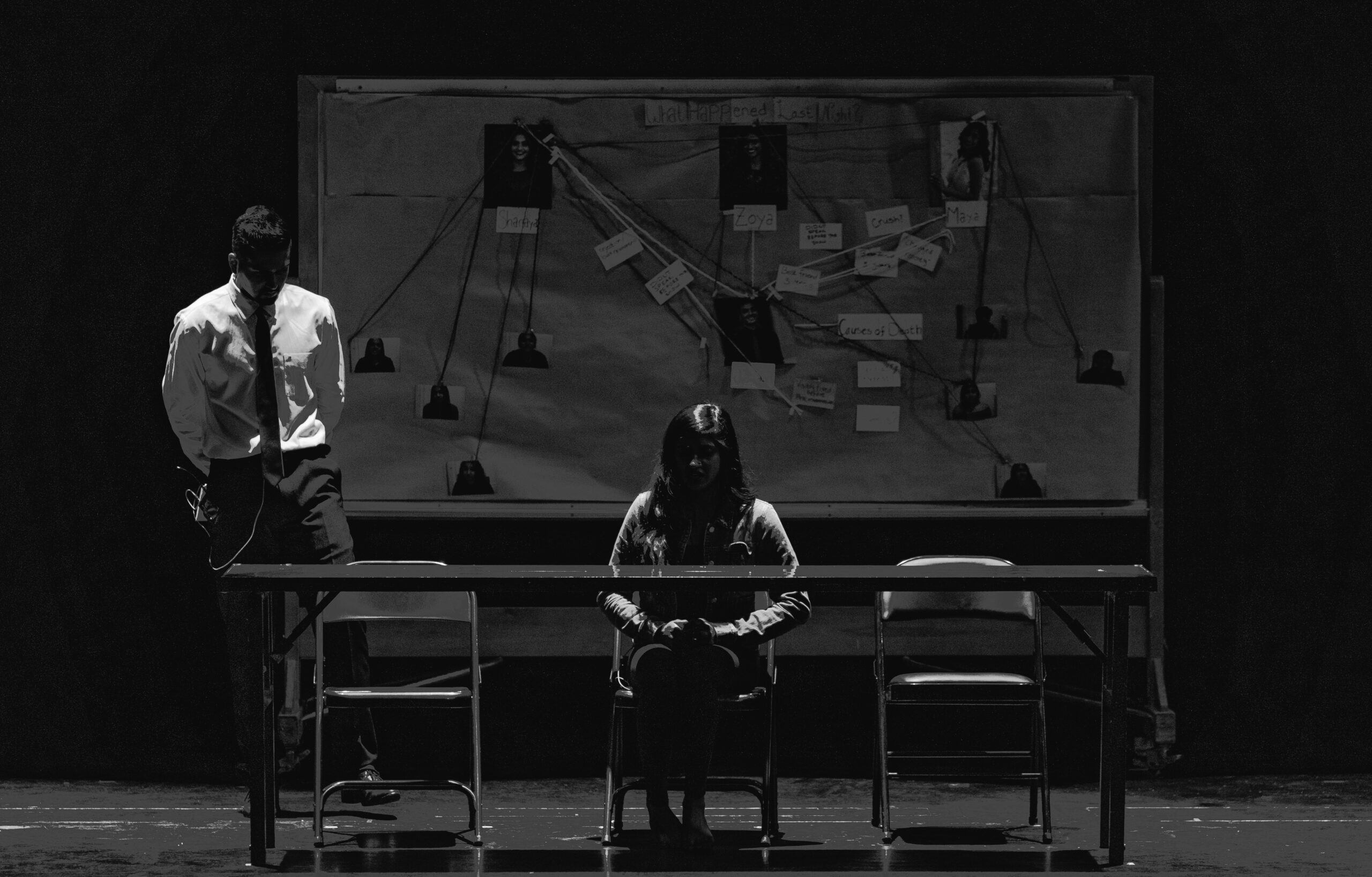When we think of criminal law, the phrase “innocent until proven guilty” immediately comes to mind. Right?
I mean, this is a fundamental principle that ensures defendants receive the rights and protections they’re entitled to in the criminal justice system.
But what does it REALLY mean?
How does this concept apply in practice and how does it guarantee fair treatment?
Let’s explore these questions and the importance of ‘innocent until proven guilty’ when applied to criminal law.
Principles Of Innocent Until Proven Guilty Concept
In criminal law, the concept of ‘innocent until proven guilty’ is an essential foundation for justice.
It shields individuals accused of a crime from being treated as guilty until a court of law has found them so.
As a result, they have the right to a fair trial, legal representation, and protection from unlawful detention.
It also places a significant legal burden of proof on the prosecution to provide evidence beyond reasonable doubt.
What does that mean?
It means that the prosecutor must convince the jury that there is absolutely no other reasonable explanation which can come from the evidence that is being presented at the time of trial.
And because the standard of proof required for conviction is very high, this increases the chances of an innocent person being acquitted.
So, if a judge or jury feels that they have any doubts about the proof of innocence or the guilt of the defendant, they must acquit the accused as a result of this principle.
Another principle of ‘innocent until proven guilty’ is that it ensures a person can’t be held indefinitely without correct court charges or a trial.
This protection is a fundamental right that works in tandem with the Miranda Warning (the right to remain silent, for instance) and allows individuals to insist on a trial in case of an alleged crime.
They cannot be held in jail for years while pending a trial or investigation. This applies to both innocent and guilty people, which helps to safeguard against the abuse of state power.
However, in some situations, the principle of ‘innocent until proven guilty’ may be challenged.
For instance, when a defendant has a prior criminal history, this may lead to preconceptions and biases against them, which can affect the outcome of their trial.
Also, prejudicial media coverage or public opinion could influence the jury’s decision, resulting in an unfair trial.
These factors are just some examples of how ‘innocent until proven guilty’ may be challenged and may require a court to take additional measures to ensure a fair trial.
Innocent until proven guilty is the basis of our legal system – protecting the innocent and ensuring that justice is done impartially to all who fall under it.
The work of a criminal law attorney is often grueling and thankless, but every day they play an important part in upholding this fundamental right for people everywhere.
Those charged with a crime have the right to an attorney that will fight for their innocence and ensure they’re not wrongfully convicted.
Questions? In need of assistance? Contact our office today!

